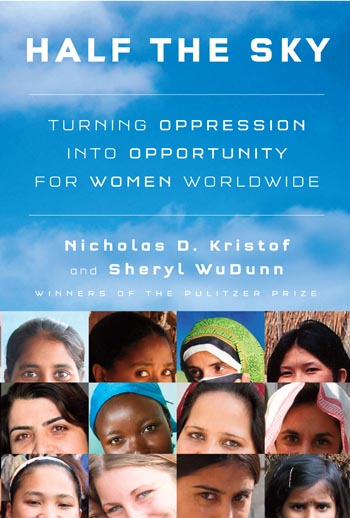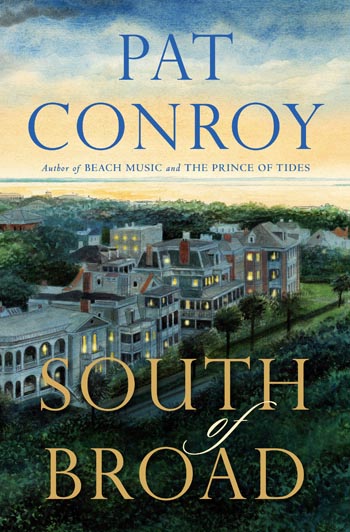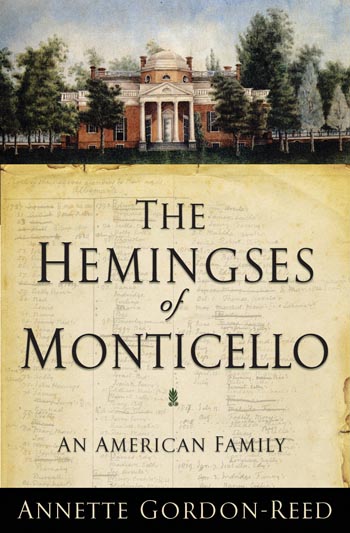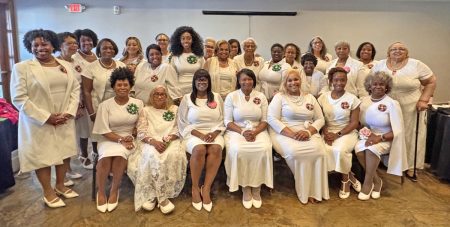Book Bag: November, 2009
 Half the Sky: Turning Oppression into Opportunity for Women Worldwide
Half the Sky: Turning Oppression into Opportunity for Women Worldwide
By Nicholas D. Kristof and Sheryl Wudunn
Mr. Kristof and Ms. Wudunn’s coverage of the Democracy movement in China won them the first Pulitzer Prize ever awarded to a married couple. Their new book (they also collaborated on China Wakes) shows direct correlations between blatant misogyny and the routine and extreme violence against women around the globe. In Half the Sky the authors look at everything from the selling of Asian and Eastern European girls to brothels, to a worldwide lack of medical care — which is gender-linked in many African and Asian nations and annually leads to hundreds of thousands of deaths — to “bride-burning,” acid attacks, and other mutilation of women who refuse to accept the status quo. Importantly, Half the Sky strikes the right balance between outrage and hope, offering suggestions as to what we here in America can do. Knopf, 294 pages
 South of Broad
South of Broad
By Pat Conroy
This exquisitely written, and eagerly awaited, novel from Mr.
Conroy is engrossing to the last page, and even at 512 pages is the
kind of book readers will not want to see end. Friendships that span
both the right and wrong sides of the tracks also transcend race and
gender. They are at the heart of a book that transports us from the
terrible racism of Charleston during the nascent civil rights movement
of the 1960s to San Francisco in the 1980s — the height of the ugly
onset of the Aids epidemic. Sexism, suicide, domestic abuse, and murder
are also central themes, giving a gently meandering read the intensity
and suspense of a great thriller. Nan A. Talese, Doubleday, 512 pages
 The Hemingses of Monticello: An American Family
The Hemingses of Monticello: An American Family
By Annette Gordon-Reed
The story of Sally Hemings and Thomas Jefferson is
quintessentially American. As well as any single story can, it shows
how the nation is hardly a realized masterpiece but, rather, a work in
progress. And while that is still true today, during the period covered
in The Hemingses that harsh truth was relentless and unavoidable. A
number of books have explored the story of the slave woman and the
statesman, but Ms. Gordon-Reed is able to convey the humanity of this
enslaved family with astonishing empathy and scholarship. Especially
fascinating are the Paris years and the question Ms. Gordon-Reed asks:
Why would Sally Hemings return to America when she could have lived as
a free woman in France? The answer is not pretty. W.W. Norton, 798
pages, $35







